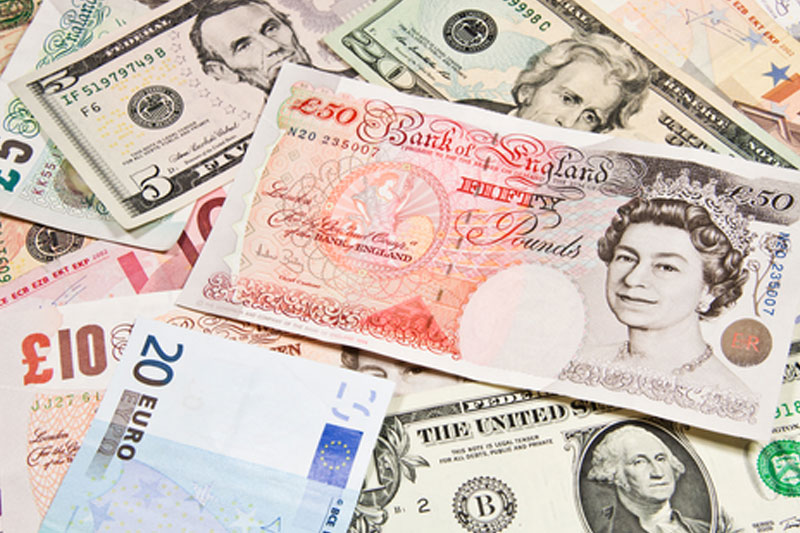Investing.com - The pound dipped on Monday following data that showed growth in the construction industry in August unexpectedly dropped to its lowest rate for one year.
At 10:00 GMT, GBP/USD was steady at 1.2948, a slip of just 0.02%.
Most currencies gained against the dollar after Friday’s employment report and as geopolitical tensions increased on the news that North Korea had tested a nuclear weapon on Sunday.
IHS Markit and the Chartered Institute of Purchasing & Supply (CIPS) showed that the construction purchasing managers’ index (PMI) for August was 51.1, down from July’s reading of 51.9. The consensus reading was for growth to pick up, with a reading of 52.0.
A weaker sterling and squeeze on household spending as a result of higher inflation affected the UK economy across the board. The construction data showed the slowest growth in construction for one year. Housebuilding was the only area that saw significant growth.
A reading of 51.1 draws close to the 50.0 range, given that a reading above 50.0 indicates expansion, while below 50.0 indicates contraction.
On Friday, UK manufacturing PMI was better than expected, with a reading of 56.9. Tuesday will see the release of services PMI for the UK. As the UK’s largest sector, services PMI is viewed as a greater indicator of the performance of the overall economy.
The US dollar index, which measures the greenback’s strength against a trade-weighted basket of six major currencies, was down 0.39% at 92.46.
The dollar was weaker following the report from the US Labor Department, which showed that the economy added 156,000 jobs in August. The unemployment rate increased 0.1% to 4.4%.
The expectation had been for the US to add 180,000 new jobs and an unemployment rate of 4.3%.
The weak jobs report indicates that the Federal Reserve may be more reluctant to raise interest rates again before the end of the year.
EUR/GBP climbed 0.40% to 0.9202 on the UK’s weak construction data and as euro-zone investor morale picked up in August to a higher than expected rate.
Kim Jong-un’s regime in North Korea claimed to have successfully tested a hydrogen bomb on Sunday, the largest device they have tested to date.
As a result of the Korean peninsula tension, safe haven flows increased. GBP/CHF was down 0.83% at 1.2392, while GBP/JPY was 141.87, down 0.67%.
GBP/NZD was down 0.29% at 1.8047. Against other commodity currencies, the pound held steady. GBP/AUD was up 0.12% at 1.6277.
GBP/CAD was almost unchanged, up 0.06% to 1.6067.
The UK parliament returns from summer recess this week. Thursday will see the debate on the Repeal Bill. The bill is designed to incorporate the existing EU legislation into British law in time for March 2019, when the UK is scheduled to leave the European Union.
Investors will be watching the outcome of the debate as it will test Theresa May’s position in government, Her ability to pass this legislation will be her greatest test after having lost her parliamentary majority following the shock general election result in June.
